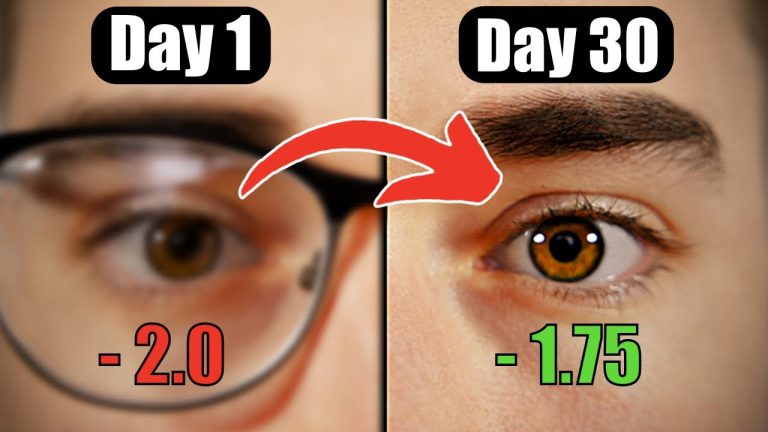ADVERTISEMENT
4. For Preventing or Reducing Myopia (Nearsightedness)
There is limited evidence suggesting that specific eye exercises can prevent the onset or progression of myopia. Most current strategies focus on controlling myopia progression through outdoor activity, prescription lenses, and pharmacological agents like low-dose atropine.
5. For Presbyopia (Age-related farsightedness)
As people age, they often experience presbyopia, which is difficulty focusing on close objects. While some claim that exercises can help delay or reduce the effects of presbyopia, there is minimal scientific evidence to support the effectiveness of these exercises. Typically, presbyopia is managed with corrective lenses, such as reading glasses or multifocal contacts.
Considerations
Consultation with Professionals: Always consult with an optometrist or ophthalmologist before starting any eye exercise program, especially if the exercises are meant to address specific vision problems.
Realistic Expectations: It’s important to have realistic expectations about the results of eye exercises. They are not a cure-all and cannot correct vision impairments like nearsightedness, farsightedness, or astigmatism where the shape of the eye affects vision.
Routine Eye Care: Regular eye exams and proper eye care are crucial. Eye exercises should not replace regular visits to an eye care professional or prescribed vision correction methods.
In conclusion, while eye exercises can be beneficial for certain conditions, particularly for relieving eye strain and helping with convergence issues, they are not universally effective for all vision problems. Regular and comprehensive eye care is the best approach to maintaining good eye health.
ADVERTISEMENT
